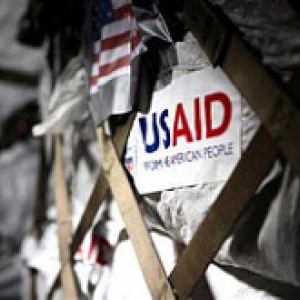
In this short article, the authors argue that the explicit absence of the ‘right to food’ in the Sustainable Development Goals is unjust and is due to opposition by the US and a self-contradictory position by the EU. The Sustainable Development Goals do name access to water, health and education as universally guaranteed human rights.
The article details how the US has historically had a strong opposition to the right of food in international treaties, not wishing to create a state duty to guarantee citizens at home and abroad access to food. The EU, however, have repeatedly stated that countries should ‘mainstream a human rights perspective in their national strategies for the realisation of the right to adequate food for all’ and fund projects promoting this. While they advocate this strongly for developing countries, none of the EU member states has in fact included this in their own laws.
The following policy recommendations are made:
- In human rights-friendly countries, develop national legal frameworks that include the right to food
- Further conceptualise and implement Universal Food Coverage schemes similar to those guaranteeing universal access to health and education
- Human rights-friendly countries and public interest civil society organisations to keep a vigilant attitude so as to defend the agreed minimum standards of the right to food in international negotiations
- De-construct the dominant narrative of food as a commodity so as to replace it by a human rights narrative placing food squarely as a human right, a commons and a public good
Abstract
Although the recently approved Sustainable Development Goals (SDGs) explicitly mention access to water, health and education as universally guaranteed human rights, access to affordable and sufficient food is not given such recognition. The SDGs road map assumes that market mechanisms will suffice to secure nutritious and safe food for all. We question how and why the right to food has disappeared from such an international agreement and we will provide insights on the likely causes of this and the options to make good on such a regrettable omission. Analysis of political stances of relevant western stakeholders, such as the United States (US) and the European Union (EU), is also included.
Citation
Pol, J. L. V., & Schuftan, C. (2016). No right to food and nutrition in the SDGs: mistake or success?. BMJ Global Health, 1(1), e000040.
Read the full article here (open access).
To read a recent blog by the same author, look here.







Post a new comment »